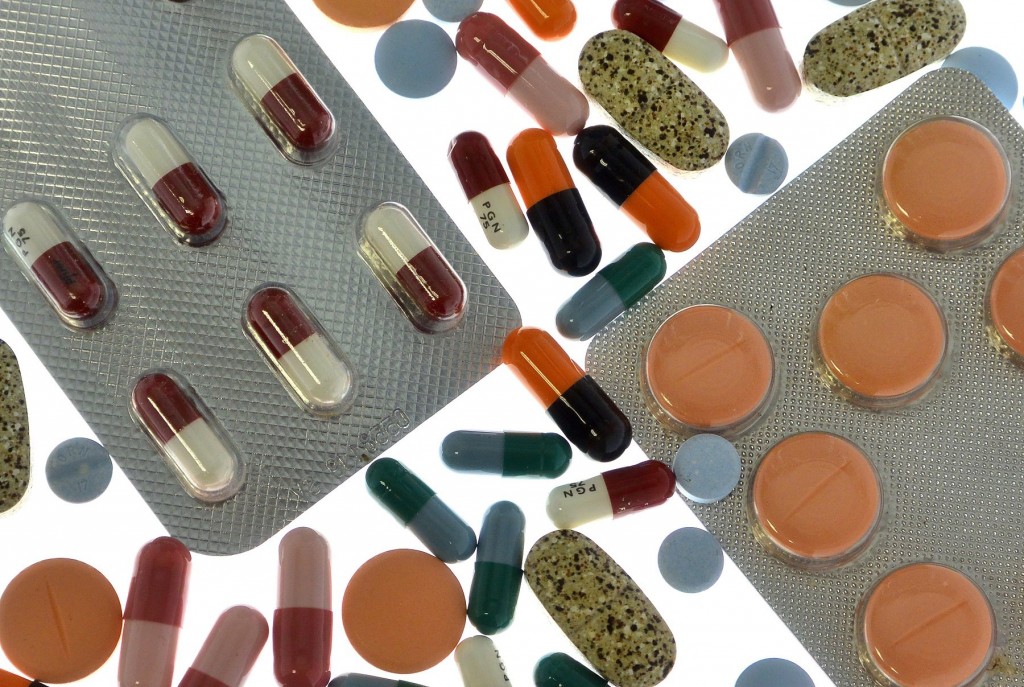The G-20 would be an ideal forum in which to take international action against antimicrobial resistance, writes Jim O’Neill.
This is definitely worth a read: How to stop antibiotic resistance threatening global growth
Jim O’ Neill (who is the Commercial Secretary to the UK Treasury) writes about how the report from the G20 meeting in Antalya, Turkey (which by the way, I went to for a meeting in 1997 and which is a really interesting place) discusses important microbe-related topics:
“We agree that attention should be given to global health risks, such as antimicrobial resistance, infectious disease threats, and weak health systems,” read the communiqué. “These can significantly impact growth and stability.”
He then discusses many of the major challenges related to antimicrobial resistance in particular with a focus on the economic side of things. He makes it pretty clear that the costs of NOT doing anything about this are astronomical. And he also makes clear that the world’s rich countries can put more money into research and actions to help deal with this growing issue. He ends with:
“Finding about $2 billion a year over ten years to stop the return of infectious diseases is well within the means of the world’s 20 richest countries or 20 of its largest pharmaceutical companies. If they joined forces to fund a solution, the cost would be a rounding error in their bottom lines. But, given the size of the returns, it would be one of the wisest investments that they — or anyone — could make.”
Definitely worth a read.
(Thanks to Paula Olsiewski for sending this article to me).
